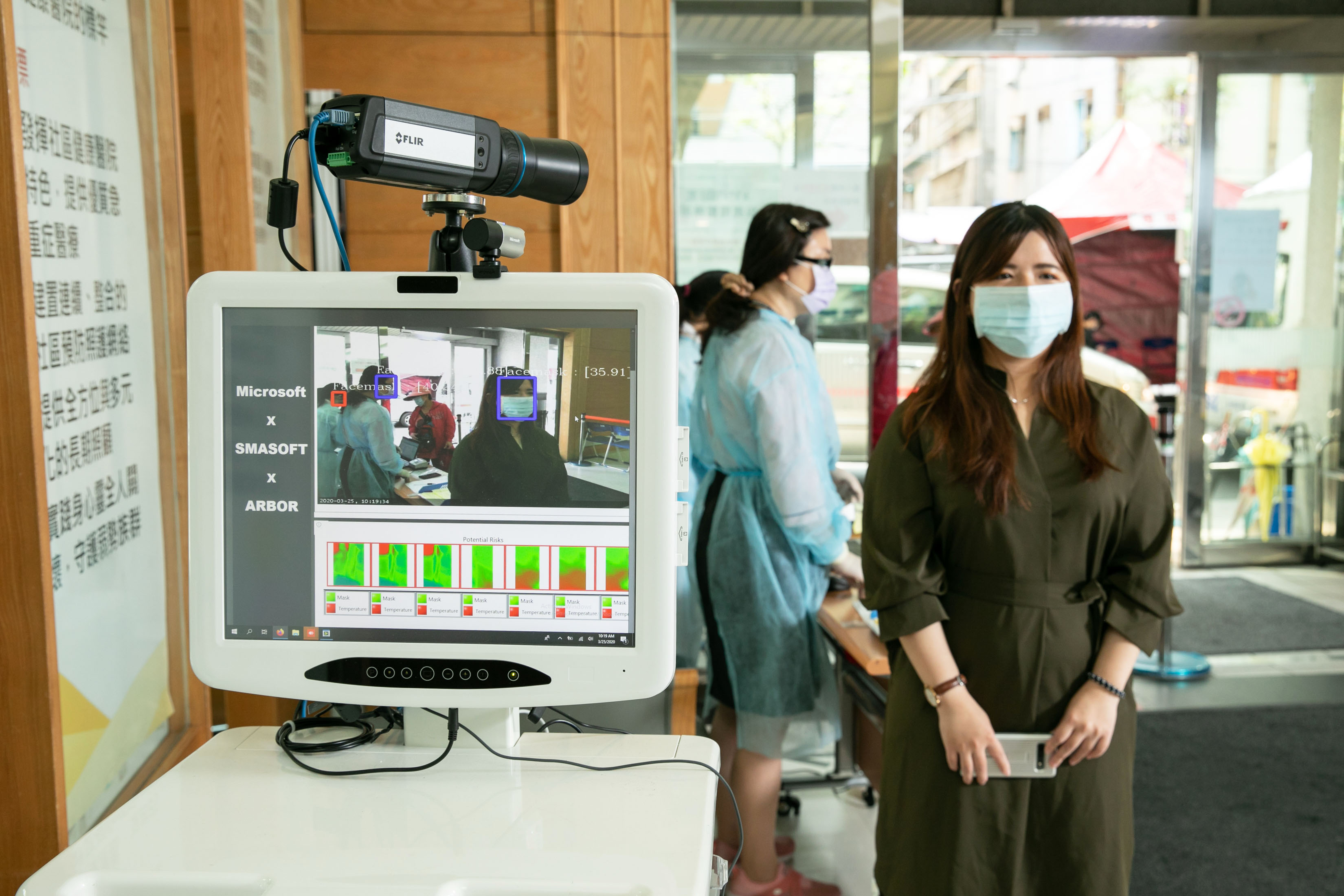(ATF) The Vinfast unit of Vingroup normally makes electric vehicles (EVs) and its VinSmart offshoot produces mobile phones. On April 28 the Vietnamese conglomerate announced it had finished developing two ventilator models after three weeks of work, ready for release in mid-May.
“With this speedy manufacturing, the group itself confirms its ability from smartphones and cars to ventilators,” an investor relations liaison with the group told Asia Times Financial.
Vingroup, also known for its property, resorts and retail units, assigned the two business units in early April to work with New York-listed ventilator developer Medtronic on the devices that help hospital patients survive the coronavirus respiratory disease. Taiwan-based Foxconn Technology, the world’s biggest contract assembler of consumer electronics, said it joined the same Medtronic initiative.
They’re just two Asian tech firms on a growing list that have taken a sudden detour into medical devices, hospital software and even facemasks.
Those shifts stoke business that could otherwise dwindle along with global demand that has sunk during containment measures aimed at stopping the spread of the virus, whose technical name is COVID-19. Tech firms are often well prepared anyway because equipment for electronics or 3D printing can switch easily to medical gear.
“Aside from the larger companies, we have seen a plethora of smaller companies and hobbyists step in to assist production,” said Chris Holmes, managing director for tech market research firm IDC Insights Asia Pacific.
READ MORE: China’s medical experts to the rescue in Laos
READ MORE: Macau starts medical checks on HK, Taiwan visitors
Tech firms outside Asia are diverting into medical gear as well. But the China-centered severe acute respiratory syndrome (SARS) outbreak 17 years ago left some Asian firms extra prepared, Holmes said. Demand for medical technology was already growing in Asia before COVID-19.
Officials in Asia’s chief market China have pushed domestic companies since 2017 to use artificial intelligence (AIO) as well, and that dovetails with medical equipment.
Vingroup tasked both its phone and EV units to make a total of 55,000 ventilators, the investor relations liaison said. The devices will reach doctors first in Vietnam, he said.
Games to masks
Singapore-based Razer, which normally makes gaming PCs and peripherals, said April 24 it had set up an automated facemask manufacturing line with a capacity to make about five million masks a month. The company is reacting to a lack of “quality” masks on the market and a shortage in Southeast Asia, it said in a news release.
Tech developers best suited for a medical device foray have “flexible” manufacturing processes, Holmes said. Those that print can make masks and ventilator parts, he said.
Automakers can handily do ventilators because they already assemble “complex pieces of equipment,” Holmes said. Foxconn, for example, already has the technology to build ventilator motors because of its previous work on EVs, said Brady Wang, an analyst with Counterpoint Research in Taiwan.
-
![]()
Lego is among Western companies that are also turning their manufacturing expertise to making masks and other medical equipment.
In Taiwan, the local Microsoft staff debuted in April a system they invented to help hospitals detect any people coming through their gates with a fever or without a mask. The software giant twinned its Azure cloud technology with a camera and thermal sensor. It’s all mounted inside a 3D printed box.
Hospital workers equipped with the system will be relieved of doorway monitoring to do other jobs. Microsoft expects the system, which it calls a “2-in-1 detection device”, to catch on overseas after its trial now at a hospital near Taipei.
“For sure, detecting mask use and (body) temperatures in the hospital will be an essential scenario for this solution,” said Daniel Li, the Azure business group lead at Microsoft Taiwan. “We have received many inquires within Microsoft from other regions and also from external customers.”
Crowd density maps
Other companies are tracking Microsoft in helping venues stop the COVID-19 spread, said Ali Nadir, CEO of Silicon Valley-based indoor data company Inpixon. They’re creating crowd density maps that alert officials to areas of overcrowding and making it easier to find staff people in emergencies, for example, he said.
On the software side, Chinese internet giant Tencent Holdings said April 3 it was working with the World Health Organization to provide technology for an artificial intelligence-powered COVID-19 “self-triage assistant” that can help people self-evaluate and prevent the disease. Tencent, known better for the WeChat social media service, had already open-sourced a COVID-19 live updates module that and answered six billion pandemic-related queries in China.
Chinese networking and smartphone giant Huawei said on its website it had joined China’s National Telemedicine Center to build a remote COVID-19 electronic diagnosis system in four days. The system connects 147 coronavirus-fighting hospitals in 108 Chinese counties and 18 cities. As of March 20, it had diagnosed 2,000 disease cases, the website said.
READ MORE: US should have coronavirus vaccine by end of year, Trump says
The Beijing government announced plans in 2017 to become the world’s top AI innovation center by 2025. Chinese firms are pursuing this goal through medical AI because an existing “less mature healthcare system allows the adoption of new technologies without the burden of old infrastructures often found in the West,” industry website MedTech Intelligence wrote in 2018.
Asia as a whole is expected to spend more on healthcare, management consulting firm McKinsey & Co. said in a 2018 industry report. It forecasts the Asian med-tech market to reach $133 billion this year and surpass Europe. The region’s medical technology market will make up 35 percent of world incremental growth by 2023, according to the report.
“The region is also increasingly recognized as a major source of product technology innovation as well as for its innovative business models and unique healthcare ecosystem,” the McKinsey report states.























